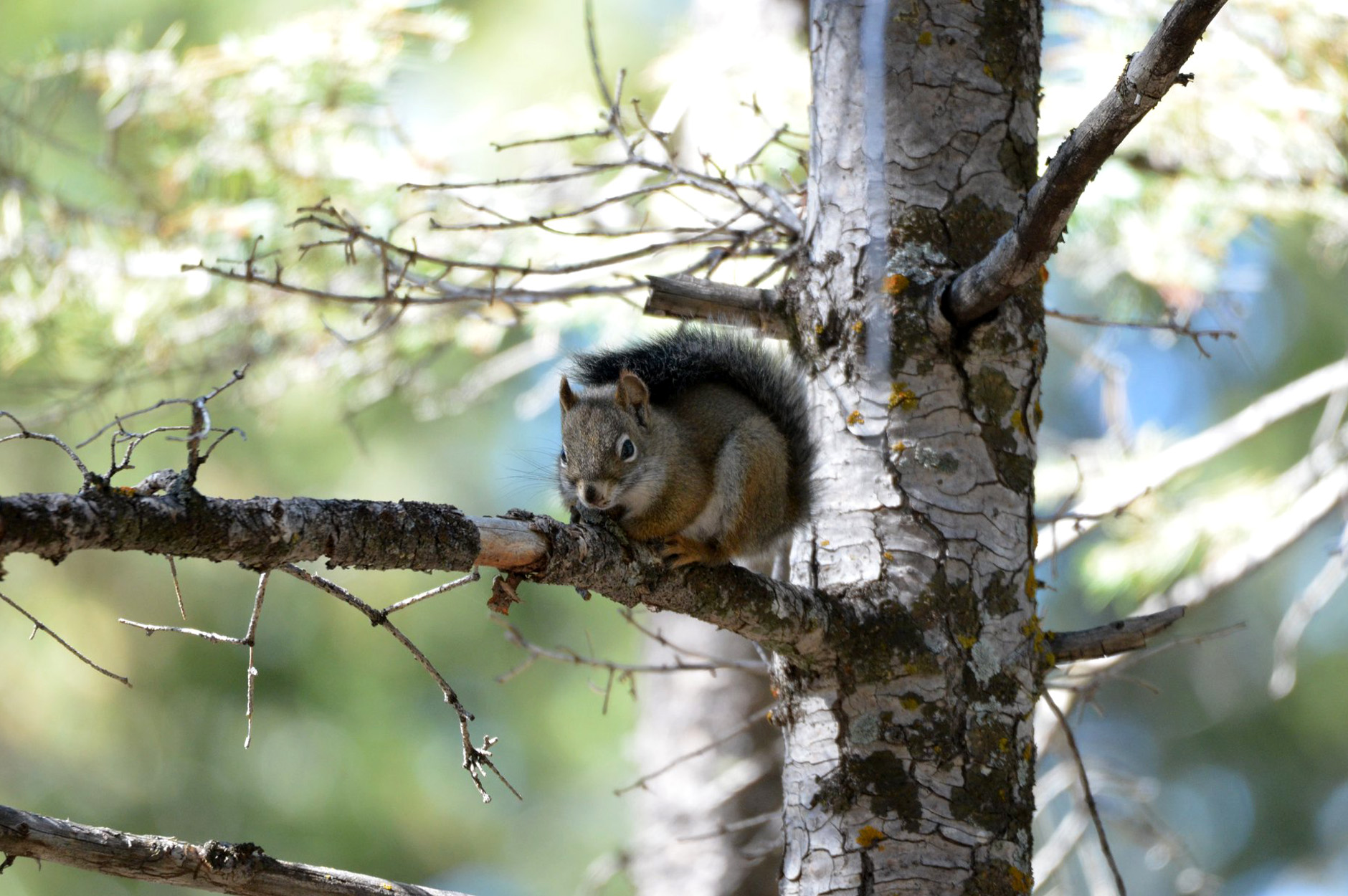Officials with the New Mexico Department of Game and Fish had to scrap their plans for an R3 event earlier this week that was meant to promote small-game hunting and wildlife photography. After announcing the 2024 Squirrel Challenge on Monday, the state agency received a number of complaints from environmentalist groups and anti-hunters, according to the Santa Fe New Mexican. On Tuesday, the NMDGF canceled the challenge.
“This decision was made because of public misperception regarding the opportunity’s intent,” NMDGF spokesperson Darren Vaughan tells Outdoor Life in an emailed statement. “As well as a lack of awareness surrounding regulations set by agency biologists to conserve squirrel populations.”
The idea that many anti-hunters in New Mexico might not have a full understanding of science-based hunting regulations is understandable. But the fact that some of these same people were able to quash a relatively benign event just because it aimed to promote legal hunting is concerning. It also speaks to a larger movement we’re seeing in several states — one that seeks to realign the priorities of state fish-and-game agencies by deemphasizing the role of regulated hunting and fishing in wildlife management and devoting more resources to non-game species.
Vaughan said the event was created to encourage families and youth to get out in the woods and participate in a traditional hunt. He pointed to a rich history of hunting squirrels for food in the Land of Enchantment, and he said it was important to raise awareness about opportunities that some residents might not be familiar with.
Raising this awareness has value because NMDGF, like most other state wildlife agencies, is working to recruit more hunters. And the agency views small-game hunting, which isn’t nearly as popular as big-game hunting in New Mexico, as one accessible avenue into the sport. Squirrels are also one of the least harvested small-game species in the state, according to harvest reports maintained by NMDGF. A report from the 2020-21 hunting season shows just over 1,500 squirrels being harvested statewide. That’s compared to more than 21,000 quail and nearly 6,000 doves over the same timespan.
Read Next: A Good Squirrel Hunt Will Prepare You for a Lifetime of Bigger Game
Vaughan added that the Squirrel Challenge had a non-consumptive component as well. In addition to promoting an everyman’s hunt and getting more youngsters interested in the sport, NMDGF encouraged non-hunters to participate by shooting photographs of squirrels.
It’s unclear what the exact rules behind the challenge were, since NMDGF took down webpages and social media posts associated with the Squirrel Challenge after canceling the event. But Vaughan said the basic idea was for participants to harvest or photograph each of New Mexico’s four squirrel species within the state. He said successful participants “would have received a challenge coin commemorating their achievement.” A Google summary for the now-deleted Squirrel Challenge page also includes tips and advice for how to clean and prepare squirrels.
What is abundantly clear is that the Squirrel Challenge was not a “wildlife killing contest” as some protestors might have believed. These contests involve participants trying to kill as many critters (or the biggest critters) as possible within a specified timeframe for cash, prizes, or other incentives. They typically target varmints and predators like coyotes, bobcats, foxes, and prairie dogs. They are also illegal in New Mexico, and have been since 2019.
This key distinction was not enough to allay the concerns of some squirrel-sensitive New Mexicans, however. Denise Fort, who serves on the board for Wildlife for All, told the New Mexican that although she supports hunting for food, she didn’t think the Squirrel Challenge incentivized eating the harvested squirrels. Wildlife for All is a New Mexico-based group pushing for state wildlife reform, with roots in animal-rights, rewilding, and deep ecology campaigns. Another opponent of the Squirrel Challenge, Sierra Club board member Mary Katherine Ray, called the event “outrageous.”
Read Next: Colorado Adds 3 Animal Rights Professionals to Its Wildlife Commission
It’s hard to say what a proper incentive would have been in Fort’s eyes, and it would seem she’s unfamiliar with the wanton waste laws that apply to hunters across the country. It is illegal in New Mexico to “fail to transport the edible parts of a game animal … to your home for human consumption.”
Regardless of what Fort’s feelings are regarding lawful hunting for food, she seems to have a history of treating squirrels as pets rather than the wild critters they are. In her interview with the Santa Fe newspaper, Fort spoke of fond childhood memories of feeding squirrels in urban Chicago, where it’s illegal to feed deer but legal to feed squirrels — even by hand. Santa Fe is a long way from Chicago, however, and just like with wanton waste, the state of New Mexico has some pretty strong feelings about feeding squirrels and other wildlife.
“What many don’t realize is that feeding wildlife is bad for the animals and dangerous for people,” NMDGF writes on its website. “It’s also against the law in New Mexico if it creates a nuisance for you or someone else. There are many reasons feeding wildlife is a bad idea and creating a nuisance is just one.”
This article was updated on Oct. 10, 2024 to include comments from the New Mexico Department of Game and Fish.
Read the full article here
